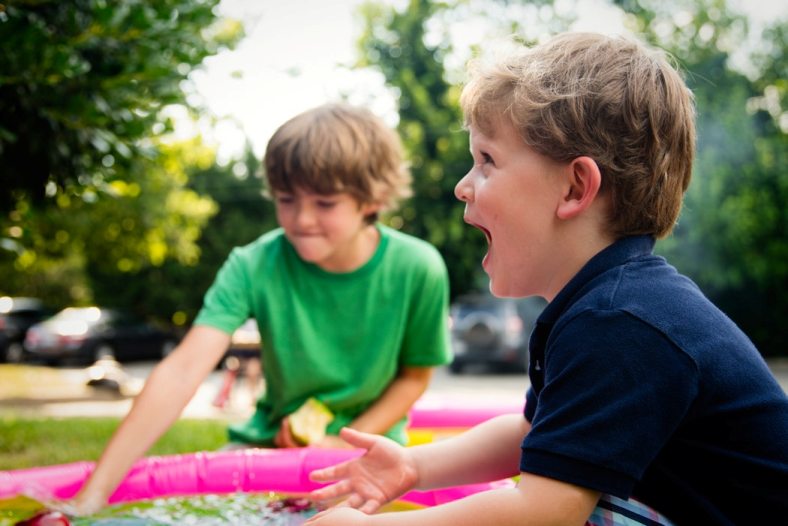The ear is the first sense we develop in the mother’s womb. It is our first contact with the outside world. Some children are born with greater hearing sensitivity, which is known as auditory hyperacusis. Hearing hyperacusis can point to children with specific creative sound sensitivities or to acoustic overexposure that causes ear infections. “They exhibit a special sensitivity to both hearing sounds and creating and understanding the world through sound. Each person has different channels to understand and relate to the world. Auditory hypersensitivity may be a manifestation of this sensitivity,” explains the psychoeducational specialist in sound therapy.

Hearing sensitivity
Children who listen to certain noises and sounds, cover their ears, complain and cry may be auditory sensitive. Our world is overexposed to noise and children often suffer from auditory stress. “We live surrounded by constant sound, such as television, cell phones, traffic or ambient noise from meeting places like restaurants.
All of these can cause reactions such as inflammation of the auditory organs, especially in children because their hearing is more fragile than that of adults when they are in the process of formation and development. The flow of auditory information that we receive and interpret through our ears is constant. Just as we need to sleep and close our eyes in the absence of light, we also need silence,” explains the sound psychologist.
The World Health Organization (WHO) ensures that noise pollution can cause hearing loss, sleep disorders that lead to fatigue, depression and lack of performance, stress and irritability. The international organization considers 50 decibels (dB) as the upper limit of what the human ear can tolerate. If we consider that conversations reach 40 decibels and live ambient sounds reach 10 decibels, it is clear that we are exposed to auditory stimulation on a daily basis that is well above the healthy average. One of the consequences of this overstimulation is inflammation of the auditory organs in children with special sensitivities in the ear, but also due to an overload of auditory information that is a consequence of the high-noise society in which we live.
How sound affects children with auditory sensitivities
Particularly sensitive hearing can cause children to have panic attacks or cry from intense noises. Some people even interpret them as abnormal noises, called tinnitus. Children with auditory sensitivities tend to withdraw and avoid contact with other people, especially in groups, or with sound sources from places such as movie theaters or shopping malls, where you can produce sounds that cause distortion. All of this creates a behavioral tendency that can sometimes mimic aspects of autism spectrum disorders, changes in emotional developmental status, and limiting empathy in social settings. A child with auditory hypersensitivity never listens to music and sometimes, in order to not be noticed, he may wear a helmet or headphones, but he uses them as a protective barrier for sound.
Auditory allergies are not usually hereditary. However, habits acquired in the home are often passed from parent to child. For parents with auditory allergies who tend to avoid unpleasant noises, it is common for their children to develop similar habits by imitation. There are several guidelines for children with auditory sensitivities, including conducting hearing studies and assessing the home, school and social environments that affect children with auditory sensitivities, as well as avoiding stressful situations, favoring environments with space for silence, gradually getting used to auditory stimuli to favor tolerance, and how to provide support and understanding for the child in all aspects of his or her life.
Ear sensitivity in children is common, but often overlooked because even adults are not aware of their auditory hypersensitivity. When a child is aware of this auditory characteristic, he can take advantage of it by purchasing a friendly medium so that he can express himself and also use musical instruments, as music is a way to grow and connect with the world. Get close to nature and let your child enjoy sounds, such as the sounds of birds and leaves. Then we will be amazed at what these wonderful children can do, create and express through words, sounds or music.



